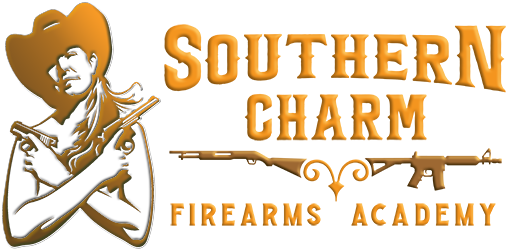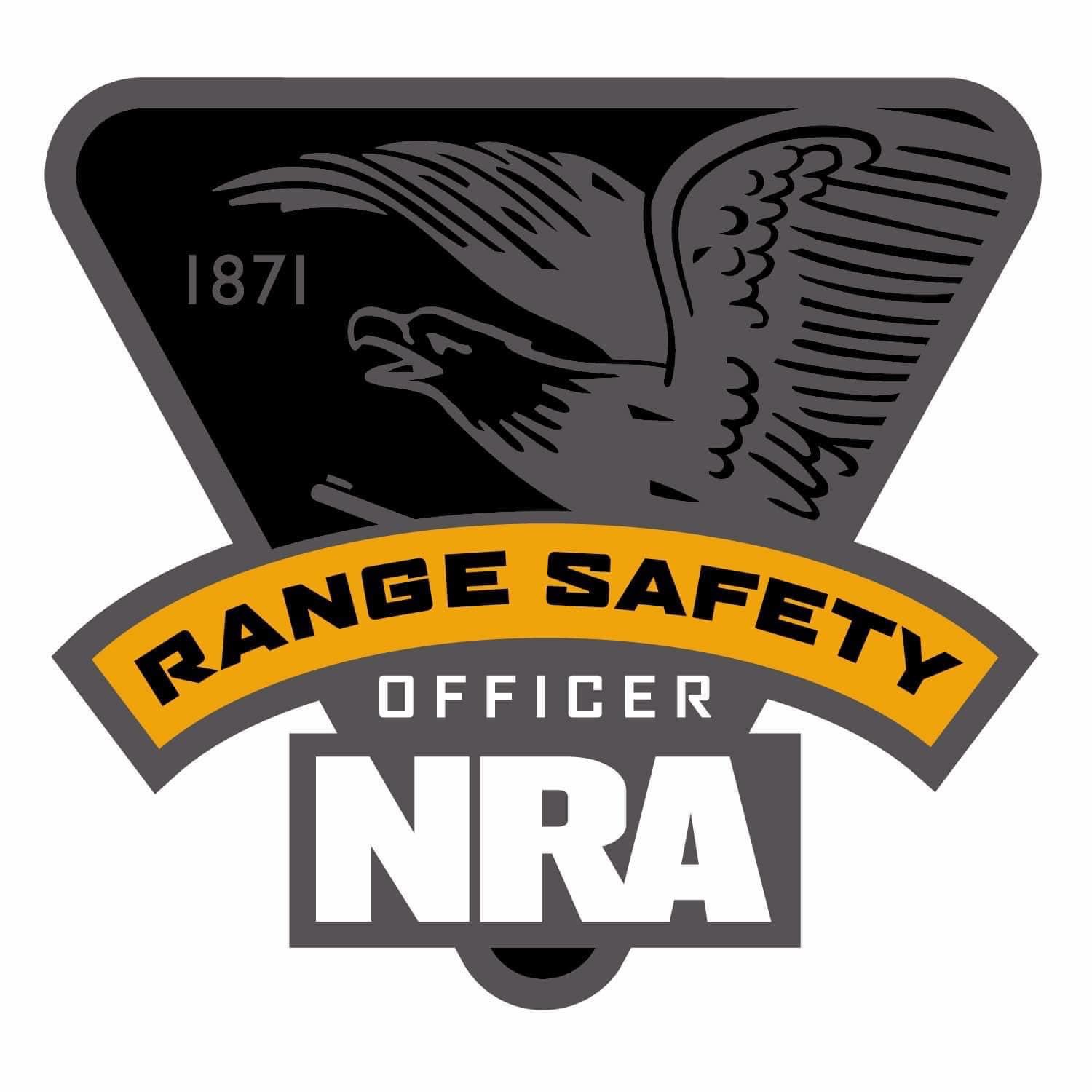Before we answer that question, lets define the role of a Chief Range Safety Officer. A CRSO trains Range Safety Officers, RSOs, and has overall responsibility for safe gun handling and shooting everywhere on the range premises. They also develop Standard Operating Procedures as directed by the range owners. Finally, they conduct RSO training. These are very broad responsibilities with a lot of details involved with each category. If your range doesn’t have that position, you can still take advantage of the knowledge of an experienced CRSO.
What type of range do you have?
Is your range public or private? Is it open to its membership that can shoot at anytime during club hours? If so, how do you handle safety briefs? Are there multiple RSOs on duty at any given time? How many shooting bays or lanes does your range have? Does your range even have standard operating procedures? As you can see, it gets complicated pretty quickly. There are a lot of public ranges that don’t have RSOs on duty. Someone on the line calls a cease fire to change targets. The problem with that is that new shooters don’t understand proper range etiquette and could make a disastrous mistake without realizing it. Just because someone signs a waiver with range policies doesn’t mean they understand what goes into range safety and how to achieve that. A lack of SOPs puts everyone on the range in jeopardy. You simply cannot depend on “experienced shooters” to do that for you. I’ve seen some terrifying “experienced shooters”.
Range Safety is and should be Priority #1!
I own a private range and do almost all of the instruction on the range. However, I have a team of experienced and qualified RSOs that shoot here often. More eyes on the shooting line means much higher safety standards. My husband is also an RSO that I can get onto the range quickly if needed. So, even though we are a private range, everyone that shoots here is under the eyes of many RSOs at all times. My class size is small by design so that time with and eyes on each student is maximized. If ever in a situation where there are a few more shooters than I’m comfortable with, I make them shoot in relays so that I’m only dealing with small numbers of shooters at any time.
Every shooter gets a safety brief every time they are here, even the RSOs! As a CRSO, line safety is my responsibility and focus. If a range doesn’t have one, who is focused on safety? An instructor? What policies do they follow then? Are they an independent instructor or an employee of your range? A salesperson doing double duty? They are going to be much more focused on making money than keeping a good eye on the shooting line. Having a separation of duties helps keep the safety of all shooters as priority #1.
CRSO Responsibilities
CRSO responsibilities were mentioned above. But, lets drill down into those a little bit. We train and certify RSOs. We keep them updated as to range policy changes, special event guidelines, special activity considerations, address issues, deal with disciplinary problems, handle any range issues they notice, and keep them current in their knowledge. A CRSO has the authority to write an entire safety centric document called “Standard Operating Procedures”. This is a very detailed guide covering every aspect of range operations. It covers safety, safety brief procedures, range inspection, equipment maintenance, range inspections, detailed emergency procedures, who has authorization to do what, and much more! It’s a very serious job because they are responsible for safe gun handling and shooting everywhere on the range facility.
What does your range need?
If your range isn’t a large operation, you can still use the expertise of a CRSO. You can either become one yourself or hire one as a consultant to develop the needed procedures and train your RSOs. As a CRSO, I both run and manage my private range as well as offer advice and guidance to a gun club where I am a member. Never let safety slack because you lack the credentials. Public safety at a shooting range is paramount and you are expected to have a detailed plan. If you don’t and an incident happens, it’s obvious what will transpire. Lawsuits, possible criminal negligence charges which could mean jail time. In short, it’s just not worth it. Keep everyone safe and having a great time on your range. Find a local CRSO and engage with them or contact us for an appointment to develop your SOP document.
What to do if you shoot at a range where safety is in question
All serious ranges have their SOPs on site where it can be consulted at any time by personnel. As a member of the public you don’t need to know every detail that’s in the SOP as it could be proprietary. But, if they have regular RSOs on duty, they also have SOPs for them to follow.
Don’t be afraid to ask at the check-in desk who and where the RSO is. If there isn’t one on duty ask very pointed questions about procedures. If you have any question about your own safety, please leave. Find another range that cares about your safety, not just your dollars. There are a lot of ranges out there that do a great job, patronize them! Reward them for being serious about your safety.
We offer both RSO training and CRSO consulting. For RSO training our classes are found here. For CRSO consulting please contact us for a private appointment, in-person or virtual.

